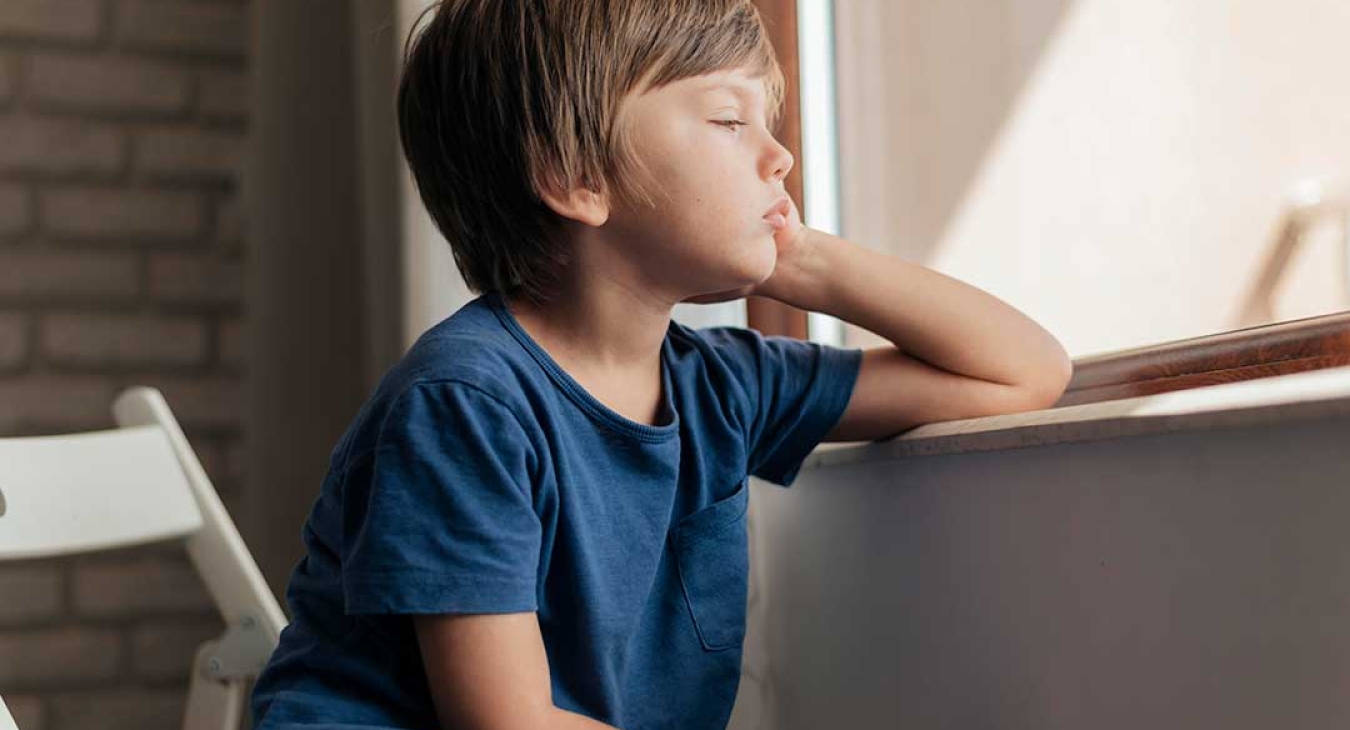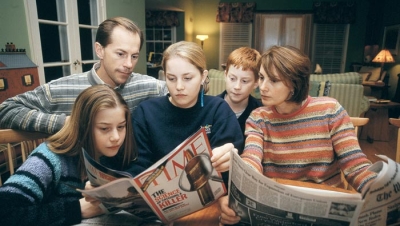Strategies for Helping Kids Cope With Loneliness
It's difficult to see your child in pain, even if their struggles are internal. As they grow, children learn to deal with several new emotions. And while it can be challenging, you can help them grow through their tough experiences.
In general, loneliness manifests differently in young children than in older children, teenagers, and adults. Once you understand how to handle the situations that arise, you'll feel better prepared to guide your children through their new feelings of loneliness.
1. Have Activities Planned
The busier a child is, the fewer hours they'll have to feel lonely. While they may still miss the people they love, they can get used to feeling their feelings of loneliness, then focusing on something that can keep them busy and occupied. In this case, it might be best for you to prepare more activities than usual that can keep them engaged.
Outdoor exercise can boost happiness and keep a child active, especially since most children live sedentary lives. If you aren’t feeling like planning extra activities, you could take your child to the park to burn off some energy and reap health benefits for both them and you.
2. Explain Your Point of View
In terms they can understand, explain to your child how loneliness feels to you. Talk about what it feels like when you feel alone and miss the people you love. Letting kids know they aren't alone in their feelings is one of the best ways to connect with them. It also normalizes these negative feelings so they won't be ashamed to experience them.
3. Get Them Into Stationery
Simply by going into any store, you'll find plenty of cute stationery that's sure to fit your child's tastes. The best part of buying new stationery is writing people letters on it. A phone call would be faster and simpler, but by having your child write a letter, they'll have something fun to think about as they wait for their recipient to receive their note.
You'll never know how much a handwritten letter means to someone. It could be something they treasure for years to come because of how sentimental and personal a handwritten note is. You should encourage your child to at least write something to older relatives, as they'd likely appreciate the gesture.
4. See a Specialist
If you've tried everything and still can't figure out how to help your child feel less lonely, you may need to bring in a professional for their opinion. A specialist will be able to determine whether your child's feelings of nervousness and uncertainty are due to loneliness or if they're part of an anxiety disorder.
From there, you should have a better idea of how to help your child. A specialist should also help you understand what to do in stressful, challenging situations.
5. Talk About Their Feelings
Talking to your child about their feelings turns the spotlight on them. They may want attention and someone to show them that their feelings are understandable. Talking to them about how they feel can also boost their communication skills and set them up for proper communication in their future relationships.
6. Visit People
When you have free time and feel it's safe to go out to visit other people, take your child on a playdate or see a relative. Having supportive relationships can help your children be healthier and handle stress better, not to mention live a longer life. Even if you can only visit people locally for now, finding a trusted support system can help your child feel less lonely.
7. Schedule Calls
You should start scheduling weekly calls for those who live out of town. It might be a bit more challenging for your child to handle the idea that they might not see certain loved ones for a long time. A phone call can be a quick solution that allows them to talk to the people they miss and have a conversation about all the things they've done since they last saw one another.
8. Set a Routine
If your child doesn't already have a routine, now is the time to set one. Children tend to do better with routines, and when the usual course of things is interrupted, they may have difficulty adjusting. As long as you carve out routine time for your child to spend being social each day, they may be less likely to feel lonely.
Loneliness Doesn’t Have to Be Negative
Explain to your child that loneliness is just a way to express how much they love and miss someone. Your child may not understand the feeling at first, but as long as you normalize it – and tell them that sometimes it goes away, sometimes it stays – they should grow to understand the feeling. Once they know they aren't alone in their feelings, you can show them constructive ways to deal with loneliness.








